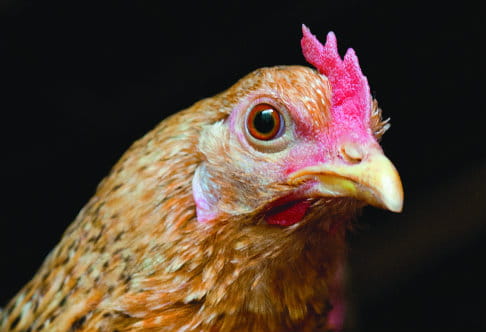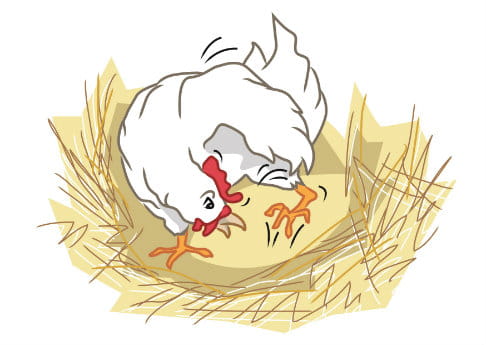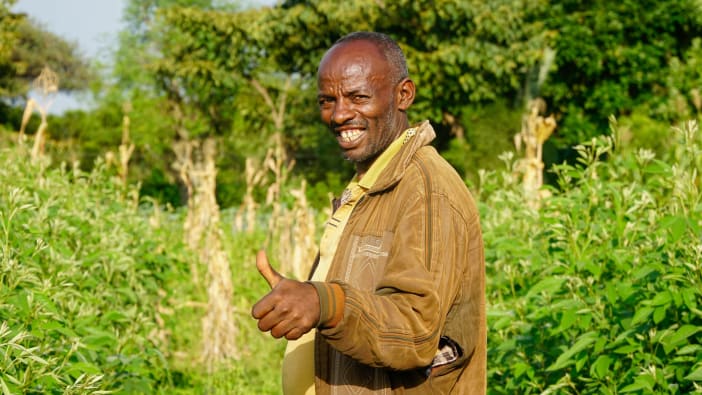Advice from a poultry expert
Keiron Forbes has earned the name ‘Chickenologist’ from travelling around the world helping people to start chicken projects, solving problems with their birds and giving advice on how to understand how chickens behave. He believes that the key to better poultry keeping is understanding how God made chickens and working with their natural instincts and behaviours to get the best out of them.
Breeding
Breeding birds is very complicated and it is best to leave it to specialists. When breeding chickens, you need to consider the characteristics of a whole family of birds, over their whole life cycle, not just choose on the basis of an individual bird. For example, if one bird has good strong eyes and you choose him to breed with your hens, the chicks produced may still have poor eyesight. Breeders will examine whole families of chickens and might know that this bird’s sister actually has poor eyesight. Our star chicken may be a carrier of bad characteristics even though he doesn’t display them himself.
You may pick a hen who is very productive at laying eggs and assume she will be a good candidate for a breeding programme. Later in her life she may produce eggs with poor shells but you may not have waited long enough to find that out!
Looking for the cockerel with the nicest plumage is not always the best plan. They may spend lots of their time making sure that their feathers are smooth but very little time mating with the hens. It is better to look for good mating behaviour instead and that cockerel may not have the cleanest feathers.











